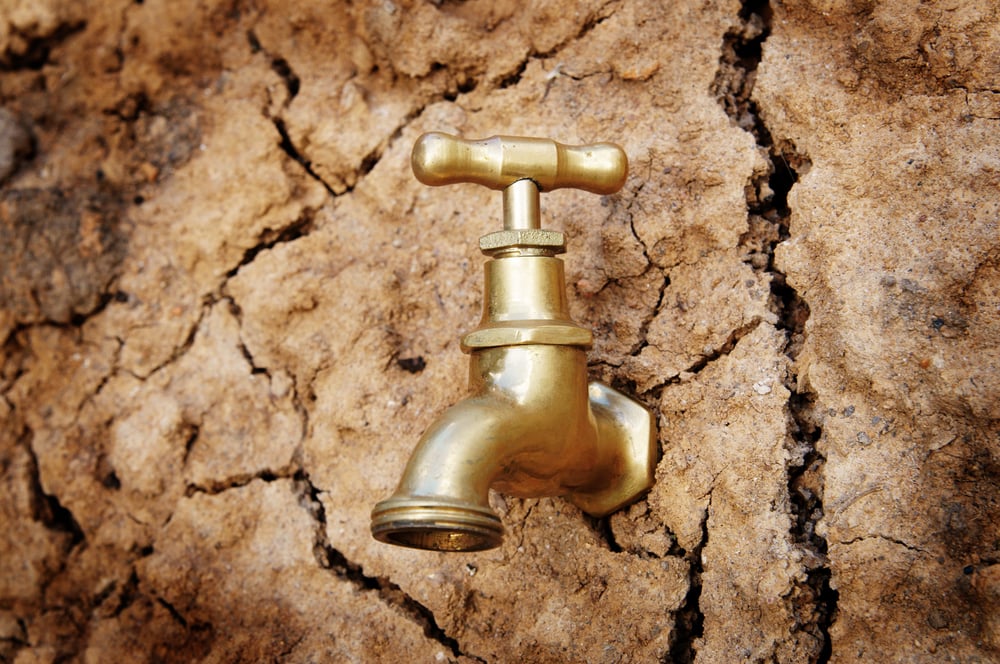Lakos Sandmaster Removes Sediment and Sand from Well Water




The problem is that once sand and sediment do get into a well, they can wreak havoc on pipes and appliances. Since we recently had a customer write to us to ask about the Lakos Sandmaster's sand- and sediment-removing capabilities, we thought we'd go ahead and share our answer here so that everyone can benefit from this information.
Note that Lakos Sandmaster separators are not the only system that will reliably remove sand and sediment from water. Cartridge filters, sediment backwash filters, even small filters Rusco Spindown filters can also do the job, depending on the severity of your water's contamination.
Today, however, we'll focus on the different options one has when considering a Sandmaster for sand and sediment removal.
The first decision you'll have to make when purchasing a Sandmaster is whether to get a carbon steel or stainless steel system.
The carbon steel model is a bit cheaper, but both systems function identically, and whichever you choose will be NSF-certified and built to last.
Once you've chosen your preferred type of steel, the next choice you'll face is whether to get a standalone unit or the complete package that comes with an automatic flush valve to attach to the purge outlet at the bottom of the unit.
This flush valve is run on a timer which directs the valve to purge your Sandmaster after a set amount of time (once, twice, or thrice a day).
Adding the auto flush valve will save you time and effort from manually flushing your Sandmaster with a ball valve (which you'll have to get yourself, as it's not included with the standalone units) but it may not be necessary depending on the amount of sand and sediment present in your water and your ability to routinely flush the valve.
For example, if your Sandmaster will be installed at your vacation home where you won't be around to manually flush it, the automatic flush valve might be a worthwhile addition to your system.
So now you've picked your model and package, and are ready to start removing sediment from your water.
If your sand and sediment are of a normal size, that is, 74 microns or larger, the Sandmaster will have no trouble filtering it from your water. But what if you have very fine sand in your water? In such cases, a Sandmaster alone may not completely remove the sand and sediment, so you might consider adding a relatively inexpensive pre-filter to achieve the best results.
For this function, we generally recommend a whole house big blue dual grade 50/5 micron filter. These filters will remove waterborne particulate as small as 5 microns in size, and require only that you change their filter cartridge every so often.
Alternatively, you could get a big blue filter with a pleated cartridge that can be soaked in chlorinated water and re-used, eliminating the need to constantly replace the cartridge. Note, though, that these filters have the disadvantage of becoming clogged more easily and causing a pressure drop in your system.
These systems might also be preferable if your water is very heavily contaminated, as they will require much less maintenance (and money spent on replacement filters) than a pre-filter/Sandmaster combination.
Know that whichever method you choose to remove your sand and sediment, Clean Water Systems is here to help.
Or, if you still have some questions, feel free to e-mail us at support@cleanwaterstore.com, message us on Facebook, or use our online contact form for prompt, personalized assistance with whatever sort of water trouble you may have.
We look forward to hearing from you – thanks for reading!
Recent Posts
Water Quality for Horses and Livestock: A Guide to Healthier Barns and Pastures
Clean water is the cornerstone of animal health and productivity. Whether you're raising horses, cattle,…
Clean Drinking Water for Cats: What Every Cat Owner Should Know
Why Clean Drinking Water Matters for Cats Hydration is critical to a cat’s overall health,…
Pet Hydration: What to Know About Water Safety
Clean Drinking Water for Dogs: What Every Dog Owner Should Know Clean drinking water is…
How to Ensure Fresh, Safe Water for Your Birds: Daily Care Tips for Bird Owners
Why Filtered Water for Birds Is Essential for Their Health Like food, clean drinking water…
U.S. Water Problems by Region: Common Contaminants & Solutions
Curious about U.S. water problems by region? Water quality isn’t just a national issue—it’s a…
Wildfire Water Contamination: How to Ensure Safe Water After a Fire
Wildfire Water Contamination: What You Need to Know After the Fires Drinking water contamination is…


